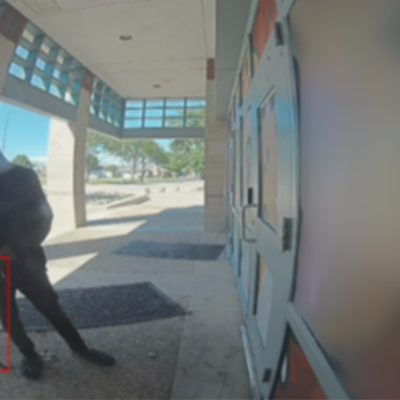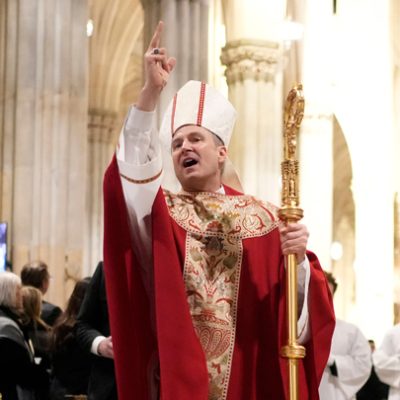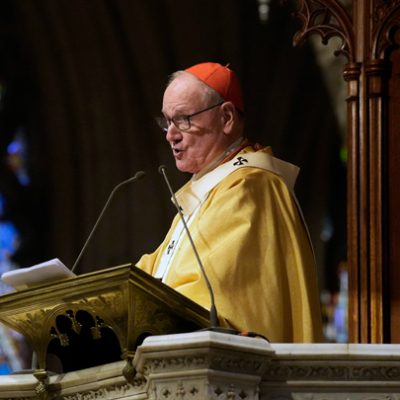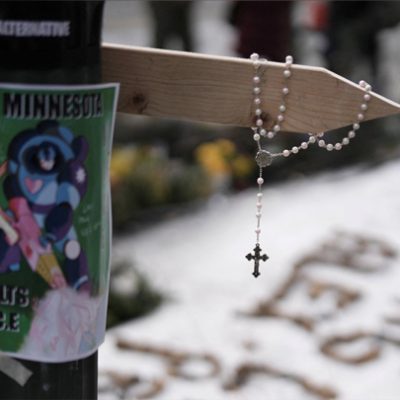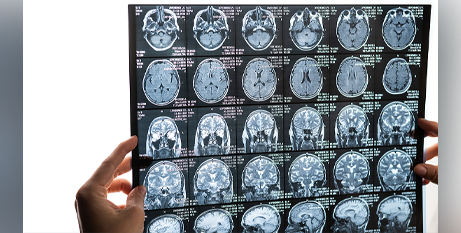
The United States Conference of Catholic Bishops and a key Catholic bioethics group are both warning against a potential rewriting of US law to broaden the definition of brain death. Source: CNA.
The USCCB and the National Catholic Bioethics Center said in a joint letter this month that the Uniform Law Commission was moving to revise the definition of whole-brain death without relying on “compelling scientific evidence” to do so.
The Uniform Law Commission (ULC) is a non-profit group based in Chicago that drafts model legislation for US lawmakers. The group says on its website that it “provides states with nonpartisan, well-conceived, and well-drafted legislation that brings clarity and stability to critical areas of state statutory law”.
At its annual meeting this month, the ULC will debate revisions to the Uniform Determination of Death Act, a law first proposed by the ULC in 1981 and which has since been adopted by most state legislatures.
Among potential revisions is a proposal to replace the brain-death standard of “irreversible cessation” of key brain or respiratory functions with one in which permanent “coma” and “loss of brainstem reflexes” could be counted as death.
In their letter, the Catholic bishops and the bioethics centre argue that the rewrite “would replace the standard of whole brain death with one of partial brain death.”
“The basis for our objection is that the proposed revision will allow patients who exhibit partial brain function to be declared ‘legally dead’ when they are not biologically dead,” the Catholic groups wrote.
“Nothing in Catholic teaching provides support for lowering the criterion to something less than ‘irreversible cessation of all functions of the entire brain,” the groups said. “We are opposed to lowering that standard in the absence of compelling scientific evidence.”
FULL STORY
US bishops warn against proposed change to definition of brain death (By Daniel Payne, CNA)



